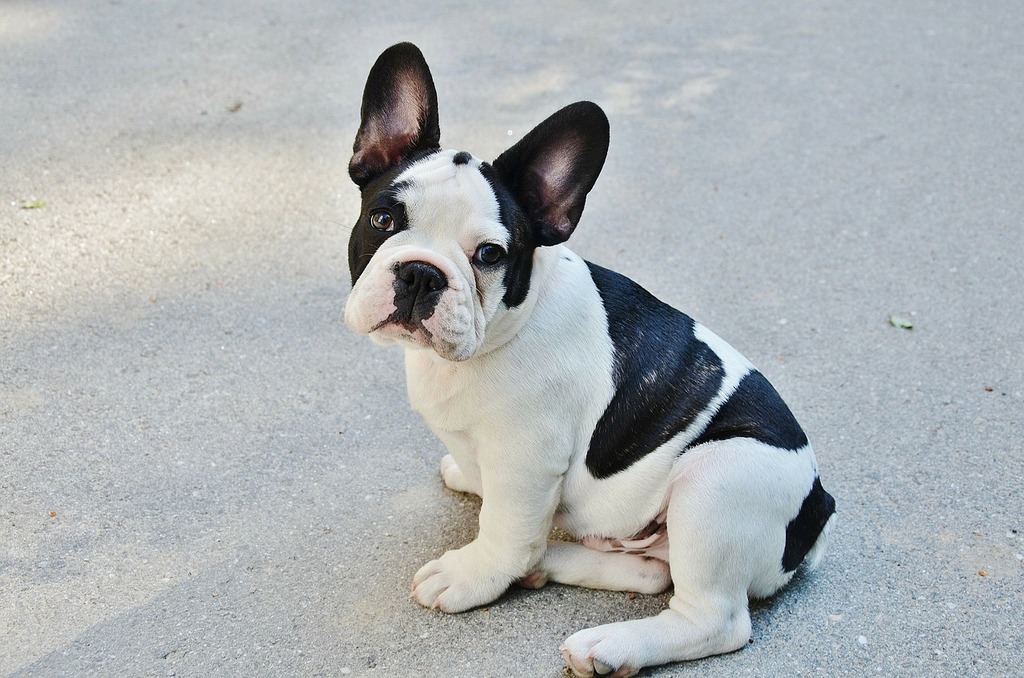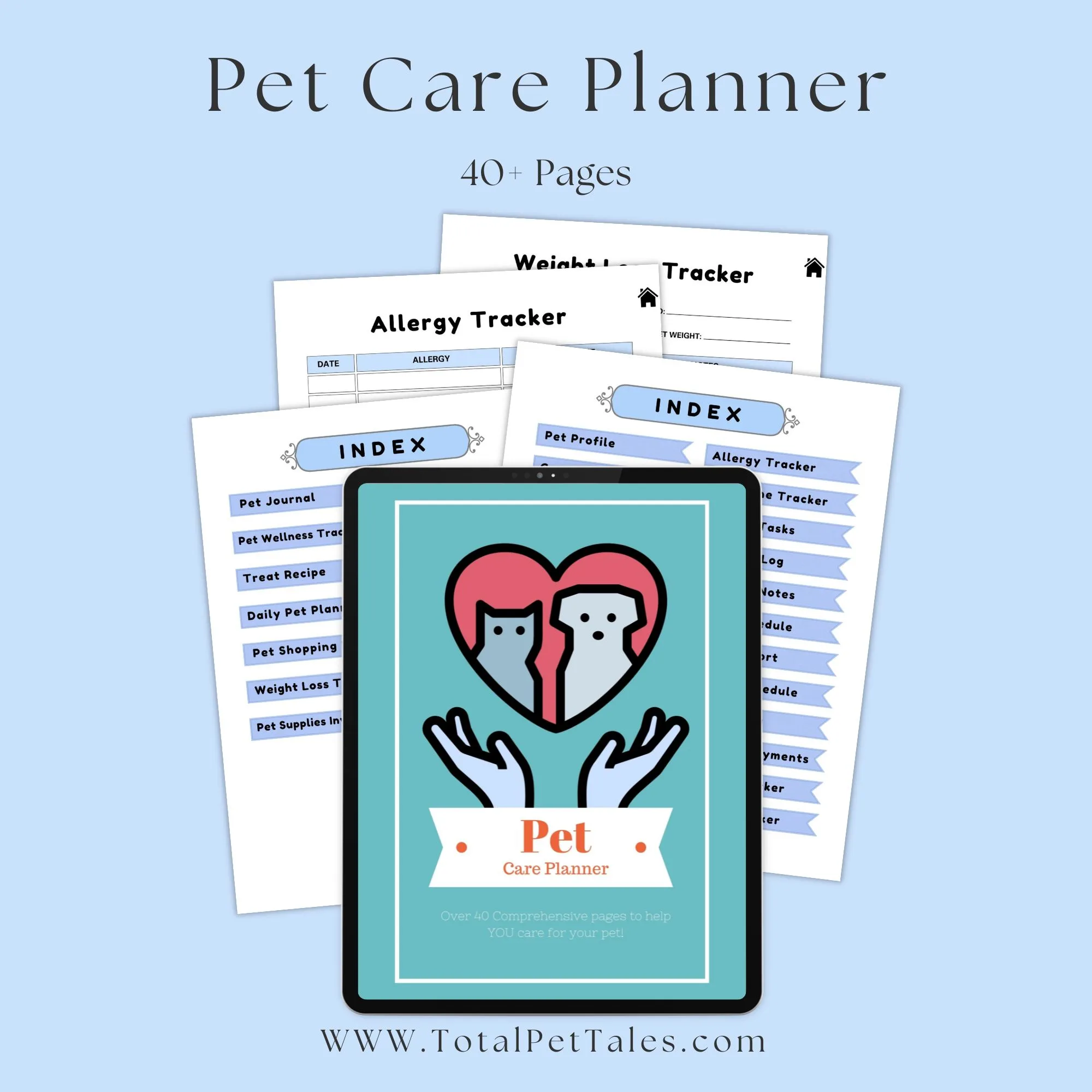French Bulldogs, with their distinctive bat ears and affectionate demeanor, have captured the hearts of pet lovers worldwide. Originating from England and further refined in France, these charming companions are known for their playful yet laid-back personality, making them ideal for a variety of living situations. Despite their popularity, potential owners should be aware of the breed’s specific health and grooming needs to ensure these dogs lead a happy, healthy life. This post aims to provide an insightful overview into the world of French Bulldogs, covering essential aspects such as temperament, care requirements, and tips for first-time owners. By understanding what makes these dogs unique, enthusiasts can better prepare for the joys and challenges of French Bulldog ownership.
Key Takeaways
- French Bulldogs are a popular breed known for their affectionate nature and compact size, making them excellent companions for a variety of living situations.
- Due to their unique physical structure, French Bulldogs require specific health care attention, including regular vet check-ups to monitor for breathing difficulties, skin conditions, and other breed-specific health issues.
- Prospective French Bulldog owners should prioritize finding a reputable breeder or consider adoption to ensure they are supporting ethical breeding practices and potentially providing a home for a dog in need.
- Living with a French Bulldog means adapting to their energy levels and social needs; they thrive on human interaction but do not require extensive exercise, making them suitable for apartment living.
- Proper care for a French Bulldog includes a balanced diet, regular grooming to manage shedding and skin fold care, and ensuring they have a cool environment to prevent overheating.
- By understanding the unique aspects of the French Bulldog breed, from health considerations to their social nature, owners can ensure a happy and healthy life for their furry companion.
Breed Overview
History
French Bulldogs trace their roots back to England as a smaller variant of the English Bulldog. They were specifically bred by lace workers in Nottingham who sought a less bulky, more lap-friendly version of the then-popular bulldog. As the Industrial Revolution reshaped England’s economic landscape, many of these lace workers migrated to France for better opportunities, taking their miniature bulldogs with them.
In France, these dogs quickly became more than just companions for the working class. Their unique appearance and amiable nature caught the attention of Parisian society. Over time, they evolved into a distinct breed known for its affable disposition and became highly sought after across French cities. This transformation marked the French Bulldog’s ascent into the ranks of favored companion dogs, solidifying its status within canine circles.
Physical Characteristics
One cannot discuss French Bulldogs without mentioning their distinctive bat ears and short snout, features that set them apart from other breeds. Their compact, muscular body is covered in a smooth coat that comes in an array of colors including brindle, fawn, and white. These physical traits not only contribute to their unique aesthetic but also reflect the breed’s robust health and adaptability.
Their size and appearance have made them particularly popular among city dwellers. The variety in coat colors allows for a degree of personal preference not found in all breeds, making each French Bulldog uniquely charming.
Personality and Temperament
Known for their affectionate nature, French Bulldogs make excellent pets for families. They form strong bonds with their owners and are known to be particularly good with children. Despite their generally quiet demeanor, they can exhibit bursts of energy and playfulness that add to their appeal.
However, potential owners should be aware of the breed’s stubborn streak. While they are eager to please, French Bulldogs require consistent training to ensure they develop good habits early on. This combination of traits requires owners to balance firm guidance with plenty of love and attention.

Health And Care
Common Health Issues
French Bulldogs often face breathing challenges due to their brachycephalic (flat-faced) structure. This makes it hard for them to breathe, especially in warm weather or during excessive exercise. Owners should watch for signs of labored breathing and ensure their pets stay cool.
These dogs are also prone to overheating and heatstroke. Their short snouts make it difficult for them to regulate body temperature efficiently. It’s crucial to keep them in air-conditioned environments during hot days.
Joint diseases like hip dysplasia, along with eye conditions, are common in French Bulldogs. Regular vet check-ups can help catch these issues early on.
Dietary Needs
A balanced diet is essential for French Bulldogs to avoid obesity. This breed tends to be less active, which can quickly lead to weight gain. Owners should measure food portions carefully.
It’s important to discuss dietary needs with a vet. They can recommend specific foods that cater to the breed’s unique requirements.
Foods containing chocolate and xylitol are toxic to dogs and must be avoided at all costs. Awareness of such dangers is vital for every pet owner.
Exercise Requirements
Despite their low energy levels, French Bulldogs need minimal exercise to stay healthy. Short daily walks are beneficial for both their physical and mental well-being. These activities should not be strenuous but rather enjoyable and light.
Interactive play sessions can keep them mentally stimulated and prevent boredom. However, owners must be cautious about the duration and intensity of these activities, especially in hot weather, due to the breed’s breathing difficulties.
Grooming
French Bulldogs have a low shedding coat that requires minimal grooming efforts. Regular maintenance like nail trimming, ear cleaning, and teeth brushing is still necessary for overall health.
Using a soft brush on their coat helps reduce shedding further and distributes skin oils evenly across their body, promoting a healthy shine.
Living with a French Bulldog
Training and Socialization
Early socialization with people and other animals is crucial for French Bulldogs. This breed thrives on interaction and can develop a well-rounded personality when exposed to various situations early on. Positive reinforcement techniques work best for their training, given their sensitive nature. Treats, praises, and playtime create an effective learning environment for them.
Harsh training methods are not advisable. They can lead to stubbornness in French Bulldogs. Consistency and patience are key in their training regimen.
Environment
French Bulldogs adapt well to apartment living due to their compact size and moderate exercise needs. Their small stature doesn’t require a large living space, making them perfect companions for those residing in apartments or homes with limited space. However, it’s important to keep the indoor environment comfortable as they are prone to heatstroke due to their short snouts.
Leaving them outside in extreme temperatures can be dangerous. Ensuring they have a cozy indoor space where they can relax is essential for their wellbeing.
Activities They Enjoy
French Bulldogs enjoy engaging in interactive games like fetch and tug-of-war. These activities not only provide physical exercise but also strengthen the bond between the dog and its owner. Mental stimulation is equally important for this breed. Puzzle toys that challenge their intellect can keep them entertained for hours.
Participating in dog sports designed for short-nosed breeds offers another avenue for exercise and engagement. Obedience or agility at a moderate level suits them well, considering their physical limitations.

Breeder Advice and Adoption
Choosing a Breeder
When looking for a French Bulldog, finding the right breeder is crucial. It’s important to choose reputable breeders who prioritize the health of their dogs. These breeders conduct thorough health screenings on all breeding dogs to ensure they are free from genetic diseases common in French Bulldogs.
Prospective owners should ask for health clearances of both puppy parents. This step is vital. It gives insight into potential future health issues. Meeting the puppy’s parents can offer clues about the puppy’s future temperament and size.
Be cautious of buying French Bulldogs from pet stores or online sellers who do not allow you to visit their facility. Without visiting, it’s hard to verify the conditions in which the puppies are raised. This could lead to supporting unethical breeding practices.
Adoption
Adoption offers a meaningful alternative to buying a French Bulldog from a breeder. Many French Bulldogs end up in rescues or shelters through no fault of their own. Considering adoption can give these dogs a second chance at finding a loving home.
Adopting an adult French Bulldog has its perks. One major benefit is bypassing the demanding puppy stage. Adult dogs often come with established temperaments, making it easier to find a companion that fits your lifestyle.
When considering adoption, it’s essential to inquire about the dog’s history, health, and temperament. Shelters and rescue organizations can provide valuable information about their animals. This helps ensure you find a dog that suits your environment and lifestyle.
Adopting from rescues or shelters not only benefits you but also supports valuable community resources that care for abandoned and surrendered pets.
Top Dog Grooming Tools (Click Here)
Final Remarks
French Bulldogs offer a unique blend of charm and companionship, making them an ideal pet for various households. Their distinct appearance, coupled with a playful yet laid-back personality, endears them to many. However, potential owners must consider their health needs and the care required to ensure these dogs lead a happy, healthy life. The importance of selecting a reputable breeder or considering adoption cannot be overstated, as it significantly influences the dog’s health and well-being.
Adopting or purchasing a French Bulldog comes with the responsibility of providing for their specific needs, including regular veterinary check-ups, a suitable living environment, and understanding their unique behavioral traits. For those ready to embrace these requirements, the reward is a loyal and affectionate companion. Those interested in welcoming a French Bulldog into their lives are encouraged to conduct thorough research and approach reputable sources for adoption or purchase.
Frequently Asked Questions
What is the lifespan of a French Bulldog?
French Bulldogs typically live between 10 to 12 years. Proper care, diet, and regular veterinary check-ups can contribute to a healthy life.
How often should I exercise my French Bulldog?
French Bulldogs require moderate exercise. A short walk or play session daily is sufficient to keep them healthy and happy.
Are French Bulldogs good with children?
Yes, French Bulldogs are known for their affectionate nature and tend to be very good with children, making them excellent family pets.
What are common health issues in French Bulldogs?
Common health issues include brachycephalic syndrome, allergies, skin conditions, and hip dysplasia. Regular vet visits are crucial for early detection and management.
How do I find a reputable French Bulldog breeder?
Look for breeders who perform health screenings on their breeding dogs, provide health guarantees for puppies, and are registered with recognized kennel clubs or breed clubs.
Can French Bulldogs live in apartments?
Yes, French Bulldogs are well-suited for apartment living due to their size and moderate energy levels. However, they still need daily exercise.
Is it better to adopt or buy a French Bulldog?
Adoption is a great option if you’re looking to give a rescue dog a home. Buying from a reputable breeder ensures you know the dog’s genetic history. Consider your circumstances and preferences.






0 Comments